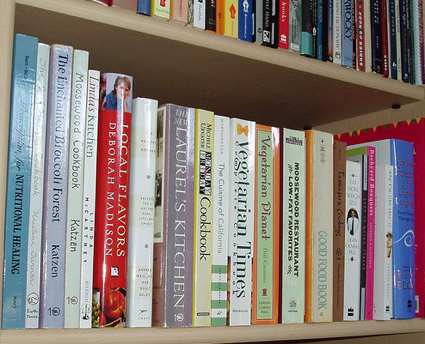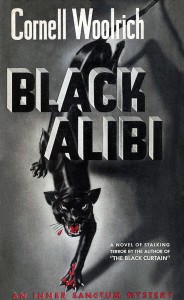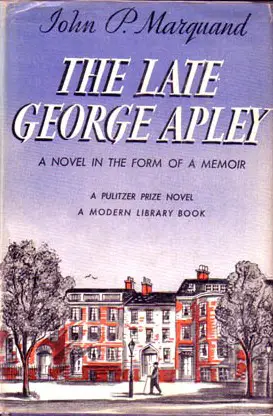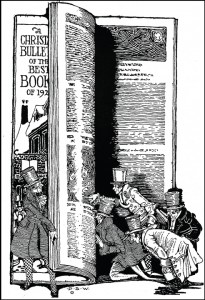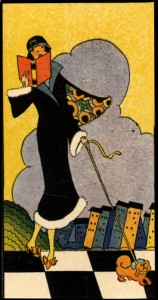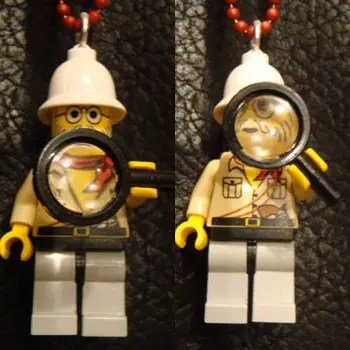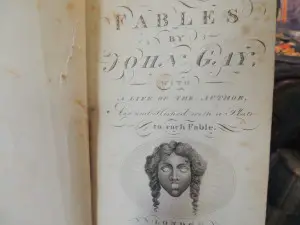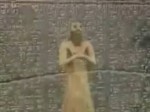
In the midst of begats and died one name stands out – Enoch. In the Christian Bible book of Genesis the story is told that “Enoch walked with God and he was not, for God took him” .
I know that I am not the only one who has wondered about this story. Later in the Bible the story is told of Elijah who was taken up to heaven in a chariot – no mention is made as to what happened to him or Enoch afterwards. Did they die ? Did Enoch live forever ? I don’t think we will ever find the answer to those questions. And don’t even get me started about the Sumerians and the Annunaki ! I am fascinated with something that happens to everyone – everyone dies. Most people don’t like to talk about such a supposedly morbid subject , but I find the topic to be of great interest. One of my favorite stories about the death of anyone is the story of the death of Socrates. I believe that every learned person should take the time to read this story. The story of the death of Socrates that has come down to us is a quick read. Written by Plato the story describes the trial of Socrates and his subsequent death which was brought about by drinking hemlock. Socrates meets his death in a stoic fashion. I can’t remember when I first read the story , but it is one of my favorite stories. Death is fascinating – it is life’s greatest and final mystery – which brings me to the point of this post – two books on the subject that describe the death stories of beings who seem to be much more prepared for death than most. When Socrates took the hemlock he did so with no apprehension of what was to come . He had expressed the notion that in his belief system death was NOT the end. It would have been very nice if Socrates could have come back in another life and elucidated for us the details of his journey from this world to the next and back again. Alas , no one has done so ? Or have they ? My answer to that question will have to wait for a future post as it is not the subject of this particular post . The subjects of this particular post are two books that describe the death events of mystics and masters.

